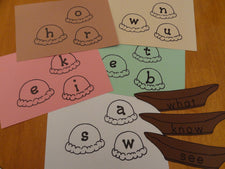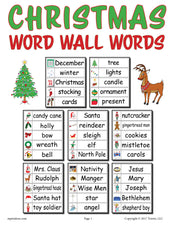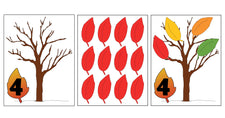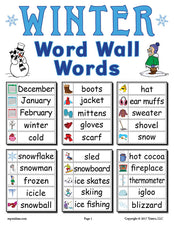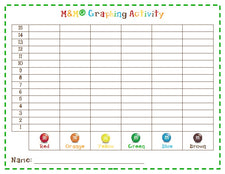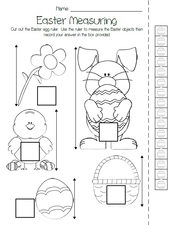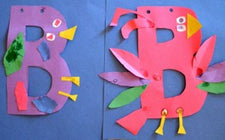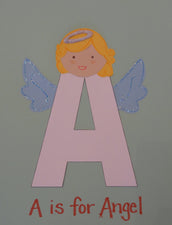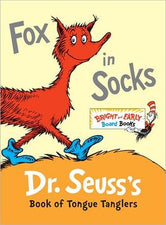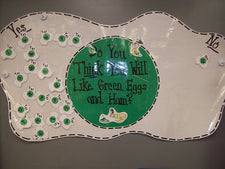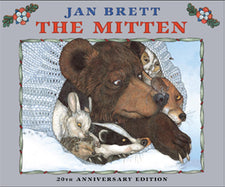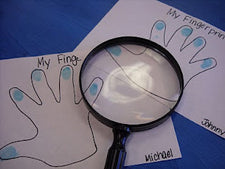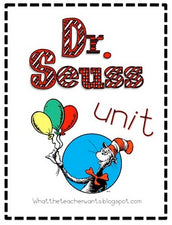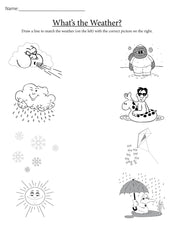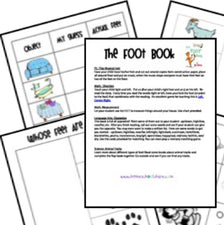Lesson Building Tips for Toddlers and Preschoolers
By Kayla • April 3, 2018
Toddler and preschool classrooms can seem a bit hectic with even the best laid plans shoved aside to accommodate classroom interruptions, student moods, and a whole host of other distractions. It can begin to feel that 'unproductive' days severely outnumber those with 'genuine learning'. But even when it seems an activity has flopped, young learners are able to pull important lessons from the introduction to new concepts. Allison McDonald, a blogger for Family Education, invites you not to get discouraged and to remember four important tips when planning lessons for your classroom.
- Because younger children have shorter attention spans, "the younger the child, the shorter the activity". Because all children are different, some may keep at an activity for longer while others may last three minutes. That's okay! The key is not to force your students to complete activities. Simply exposing your students to new concepts, materials, mediums, etc. creates opportunities for learning.
- While all themes and ideas are important, start by capitalizing "on their interests and their learning style". If your students are drawn to a particular television character (i.e. Dora the Explorer, Buddy from PBS's Dinosaur Train, etc.) don't be afraid to incorporate them into crafts, lessons, and activities. Additionally, young children need a balance of active playtime and quiet skill building sessions. Don't be afraid to plan activities that help children blow off steam while they learn something new!
For more lesson building tips for the toddler and preschool classroom, check out the rest of Allison McDonald's article!
How do you get them to sit? Mom's Parenting Blog by Allison McDonald - FamilyEducation
Disclaimer: The content on this page is for informational purposes only and reflects my personal experience and opinions. I’m not a financial advisor, and this is not financial advice. Please do your own research and consult with a qualified professional before making financial decisions. Some of the links on this page are affiliate or referral links, which means I may earn a commission or bonus if you use them. There’s no extra cost to you—and it’s a great way to support the site if you find the content helpful.


